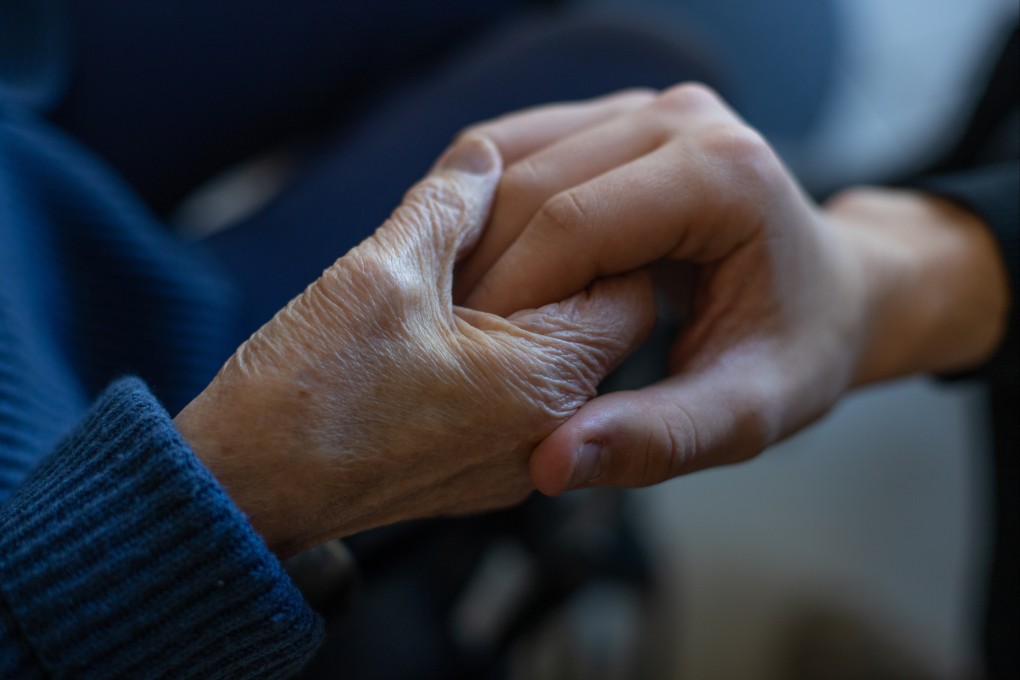Hong Kong New World Development CEO sets up personal foundation to help children with mental health issues, as Covid pandemic takes its toll on city’s young
- WEMP foundation by Adrian Cheng will provide financial aid for cases diagnosed with severe conditions, as well as provide counselling for carers
- It counts as advisers high-profile individuals across various sectors, who will offer parenting tips

Chan Man, 67, almost had a mental breakdown two years ago after her grandson, Jimmy*, now 12, started skipping school and completely shut himself off at home for months while he suffered from depression.
The Covid-19 pandemic had just emerged, and Hong Kong had tightened social-distancing curbs, with school sessions constantly suspended and classes shifting online.
“Before the pandemic, Jimmy had been a well-behaved student with good conduct and grades. But after the introduction of online lessons, he had a sudden and intense change in his emotional state,” Chan told the Post, breaking down in tears.

Prompted by the boy’s worsening self-isolation, Chan eventually also ended up with depression, plagued by severe insomnia and loss of appetite. There were times her emotional anxiety reached a breaking point and she inflicted physical punishment on her grandson, but regretted it later.
Both grandmother and grandson eventually found psychiatric help and would be referred by the boy’s school to new children’s wellness group WEMP Foundation, set up personally by Adrian Cheng Chi-kong, CEO of New World Development, amid a rising trend of young residents suffering from mental illness.
The foundation provides financial aid for young patients diagnosed with severe mental illnesses requiring urgent help, with one-on-one psychiatric, speech therapy and psychological services, as well as parenting counselling services for carers. It seeks to introduce positive parenting skills and educational activities on emotions to schools across 18 districts, with an aim to benefit 20,000 students and parents.
“Mental health for children has been a global phenomenon, and a paradigm shift that has happened for the past two or three years because of the pandemic,” Cheng said. “During the pandemic, you can see that children have been the victims of mental health … and that kids are the most vulnerable.”